Search
Search Results
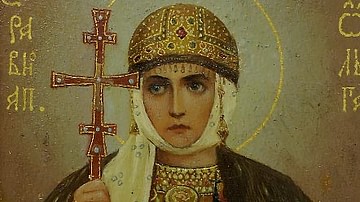
Image
Olga of Kiev
Olga of Kiev, who is better known as St. Olga (d. 969 CE) of Kievan Rus. After her husband, Igor of Kiev (r. 912-945 CE) is killed by the Drevlian tribe (a tribe of Early East Slavs), Olga seeks bloody vengeance and achieves this, among others...

Article
Roman Students in Athens
Training in oratory was a crucial part of Roman education; it was associated with a young boy's transition into adult life. As Athens was considered the intellectual centre of the eastern Mediterranean, many students undertook long journeys...
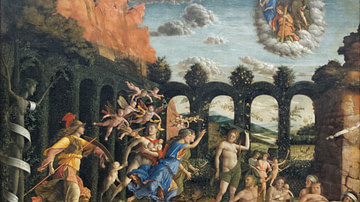
Definition
Renaissance Humanism
Renaissance Humanism was an intellectual movement typified by a revived interest in the classical world and studies which focussed not on religion but on what it is to be human. Its origins went back to 14th-century Italy and such authors...
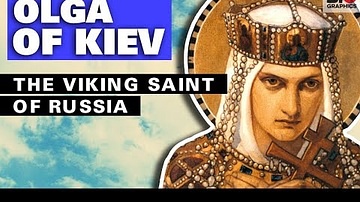
Video
Olga of Kiev: The Viking Saint of Russia
In today’s video we are covering our first Saint worshipped both by the Catholic and Eastern Orthodox churches, revered for having first introduced Christianity amongst the Rus. These were a pagan people of Nordic descent, who ruled over...
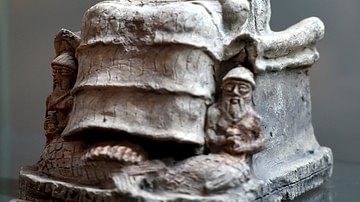
Article
Enki's Journey to Nippur
Enki's Journey to Nippur (c. 2000 BCE) is a Sumerian origin myth explaining the creation of the temple at Eridu by the god Enki and how musical instruments were ordained for use in festivals in ancient Mesopotamia. The poem formed part of...

Article
Traveling Classroom History Exhibit
The best way to learn ancient history is not by memorizing dates and facts but, rather, through critical thinking and analysis. When studying ancient history, the key is to make inferences, using empathy and evaluation to alter one's perspective...
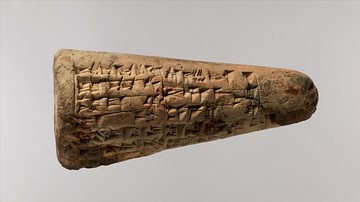
Article
A Praise Poem of Lipit-Estar
A Praise Poem of Lipit-Estar is a Sumerian praise song honoring Lipit-Estar (also known as Lipit-Ishtar, r. c. 1870 to c. 1860 BCE), the fifth king of the First Dynasty of Isin, best known for his legal code written between the time of the...
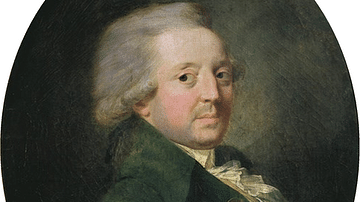
Definition
Marquis de Condorcet
Marie Jean Antoine Nicolas de Caritat, Marquis de Condorcet (1743-1794), also known as Nicolas de Condorcet, was a French philosopher, political theorist, and mathematician. His ideas, encompassing a wide range of topics from education to...
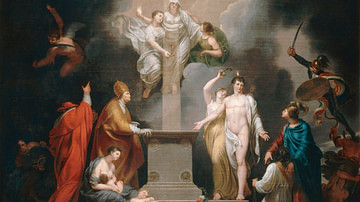
Article
Napoleonic Concordat of 1801 & Religious Pluralism
The Napoleonic Concordat of 1801 defined France's relationship with the Catholic Church for over 100 years. The Organic Articles were added in 1802 and provided state recognition of the Reformed and Lutheran confessions alongside the Catholic...
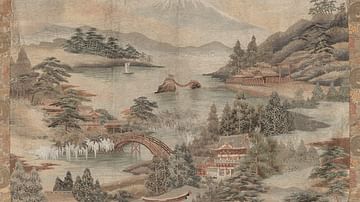
Definition
Meiji Period
The Meiji period refers to the period in Japanese history from 1868 to 1912 during which the Meiji Emperor reigned. Following the overthrow of the Tokugawa shogunate in the Meiji Restoration of 1868, Japan's new leaders embarked on a program...